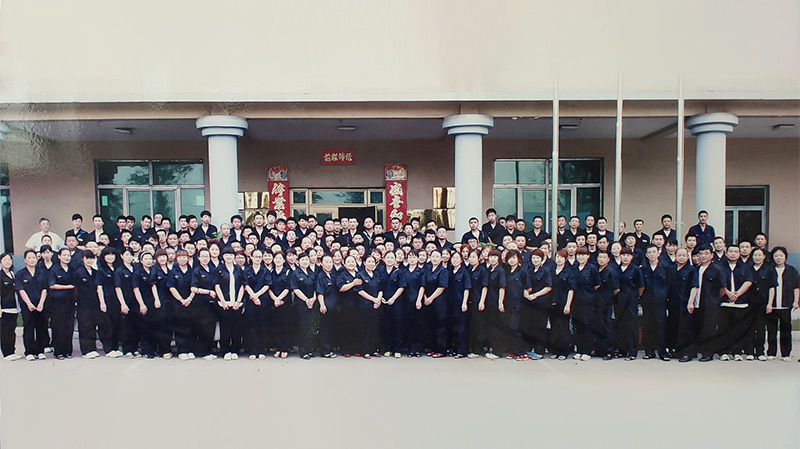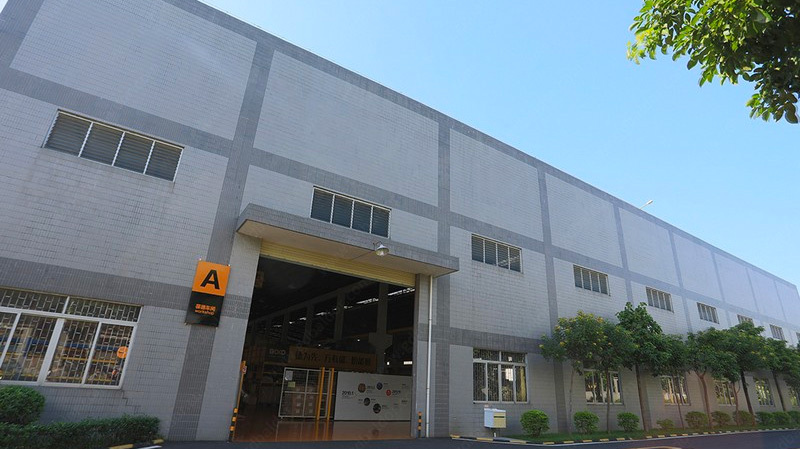Back in the day, all of our drugs were chemotherapies, which have a lot of bystander effects and can cause nausea and vomiting. 8600 Rockville Pike Cancer cells sometimes take advantage of these checkpoints to avoid being attacked by the immune system. Overview of therapeutic monoclonal antibodies - UpToDate Allogeneic CAR T-cell therapy opens [the option] up for those patients, as well as for the patients who need treatment sooner rather than later; some patients cannot wait 2 to 4 weeks for the cells to be generated. Methods: Chimeric Antigen Receptor (CAR) T-cell therapy involves genetic modification of patient's autologous T-cells to express a CAR specific for a tumor antigen, following by ex vivo cell expansion and re-infusion back to the patient. Besides common therapeutic approaches, such as surgery, chemotherapy, and radiotherapy, novel therapeutic approaches, including immunotherapy, have been an advent in CRC treatment. [The rates are] about 30% to 35% depending on which DREAMM study you look at. In: DeVita VT, Lawrence TS, Rosenberg SA, eds. Primary Analysis of Juliet: A Global, Pivotal, Phase 2 Trial of CTL019 in Adult Patients with Relapsed or Refractory Diffuse Large B-Cell Lymphoma. CAR T-cell therapy is an exciting area now. Considering the high rate of antigen loss, multitargeting adapter CAR T and dual-targeting CAR T cells appear a promising tool for combinatorial and/or sequential approaches. Pharmacological immunosuppression, such as using tocilizumab and/or corticosteroids, is necessary to manage these toxicities.13 In contrast, because of its short half-life, blinatumomab treatment can be interrupted or discontinued if necessary, without prolonged effect. To learn about some of the side effects listed here and how to manage them, see Managing Cancer-related Side Effects. Practice Guidelines in Oncology: Chronic Lymphocytic Leukemia/Small Lymphocytic Lymphoma. Tisa-cel achieved a 52% ORR, including a 40% CR rate, in adult patients with r/r DLBCL in the JULIET trial. I imagine that in the future, patients are going to get 4 or 5 different drugs, some specific to enzyme pathways, others specific to their individual DNA sequencing. An antibody-drug conjugate (ADC) is a monoclonal antibody linked to a chemotherapy drug. Monoclonal antibodies as immunomodulatory therapy against cancer and autoimmune diseases. . The new monoclonal and bispecific antibodies and CAR-T, besides offering new perspectives in the overall survival and disease-free survival of patients, may also transform the epidemiology of infections in ALL by improving the toxicity of treatments.
Talquetamab Side Effects,
Bellaby Dresser Assembly Instructions,
Tn Dept Of Health Covid Quarantine Calculator,
Articles C
 what secret did landry's mother tell the pope
what secret did landry's mother tell the pope
 when do angela and hodgins get back together
when do angela and hodgins get back together
 kentucky bourbon festival tickets
kentucky bourbon festival tickets